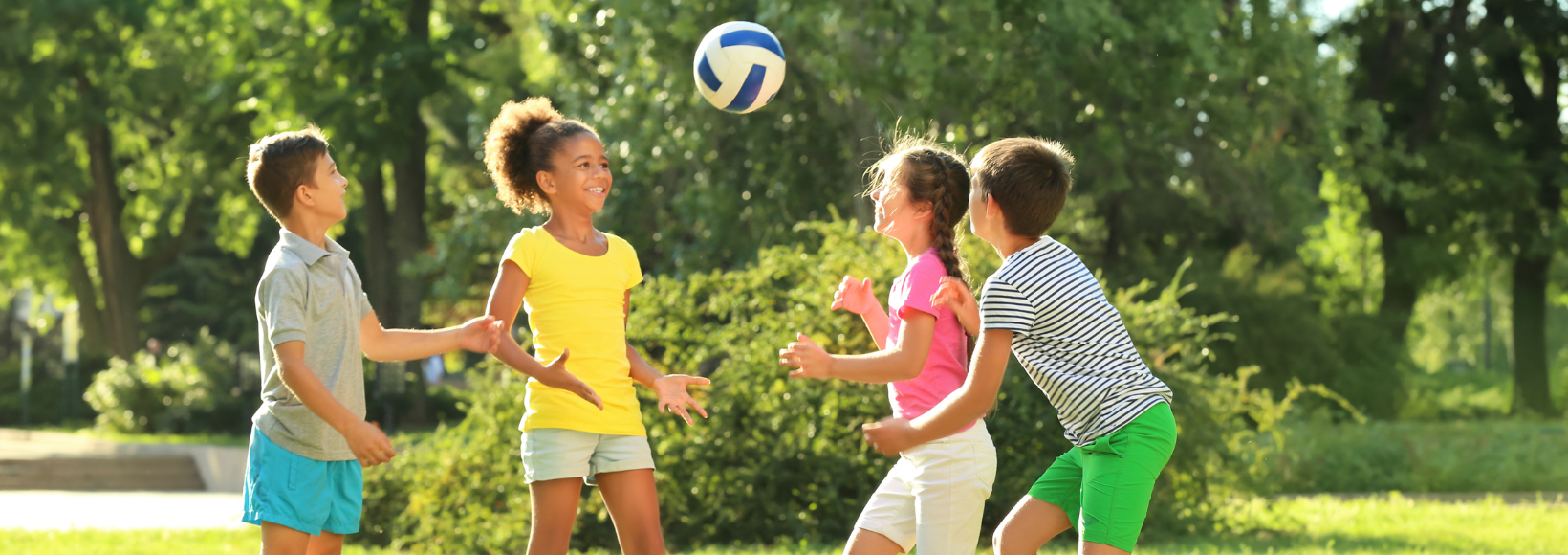
Physical Fitness and Mental Health in Young People
Mental health issues among children and adolescents are climbing at an alarming rate. Understanding and leveraging lifestyle factors could be key to stemming this tide. It has been argued that a decline in unstructured, independent play has contributed. The rise in mental health problems in young people also corresponds with increasing mobile phone usage. As summer rolls into autumn, the focus turns to younger children and their 11 plus. Then, it is all about getting into the right school. Play, exercise, fun and fitness take a back seat. Academic excellence is the driver.
A comprehensive nationwide cohort study sheds new light on how physical fitness might play a pivotal role in preventing mental disorders in young people. The study was based in Taiwan and spanned a decade.
Study Overview
This extensive study observed over 1.9 million participants. Each participant was aged between 10 and 11 years at the outset. There was an even distribution across genders. These young participants were monitored for at least three years and the average follow-up period was six years. Their physical fitness was assessed through various exercises. These measured cardiorespiratory fitness (CF), muscular endurance (ME), muscular power (MP), and flexibility.
Findings on Fitness and Mental Health
The findings were striking. There was a clear, dose-dependent correlation between higher levels of physical fitness and fewer mental health issues. The mental health issues included anxiety, depression, and attention-deficit/hyperactivity disorder (ADHD). For instance, improvements in fitness, marked by faster 800-m run times, significantly reduced the risk of anxiety and depression. This was particularly the case in females. Similar beneficial effects were noted for ADHD in both genders.
Muscular endurance also showed a robust association with mental health. An increase in performance on the bent-leg curl-up test correlated with a decreased incidence of depression and ADHD. Again this was particularly prominent in female participants. Similarly, enhanced muscular power, evidenced by better performance in the standing broad jump, was linked to reduced risks of anxiety and ADHD across the board. It also correlated with notably lower depression rates in males.
Implications for Prevention
These results underscore a potentially transformative insight. Physical fitness could be a powerful, natural, and accessible tool in improving mental health in children. Given the ease of integrating fitness into daily routines compared to the complexity of treating mental disorders once they’ve developed, the implications are profound.
What Does This Mean for Parents and Educators?
For parents and us healthcare providers, the message is clear. Promoting and maintaining physical fitness in children isn’t just about physical health. It extends to mental well-being, offering a double benefit.
A Note on Implementation
It’s tempting to rush headlong into new fitness programs for kids. However, this study serves as a stepping stone, not a conclusion. It invites further exploration. We now need to delve into how tailored fitness regimes can be most effective for different age groups and individual needs. That way we can find a balance that keeps our young ones both physically agile and mentally resilient.
Conclusion: A Call to Action
This research is a persuasive call to embed physical fitness into the fabric of daily routines for the younger generation. As we fret over 11 plus exams, and school places, let’s carve out a significant place for exercise. It’s not merely a school subject. It’s a lifeline to a healthier, happier future for our children.
In essence, the hustle and bustle of modern education demands excellence in academic study. But let’s not sideline the profound benefits of a sprint, a jump, or a curl-up. After all, a healthy mind thrives in a healthy body. As this study shows, the path to mental well-being might just begin with a pair of trainers and a bit of time in the playground.
Dr Hugh Coyne
Parsons Green